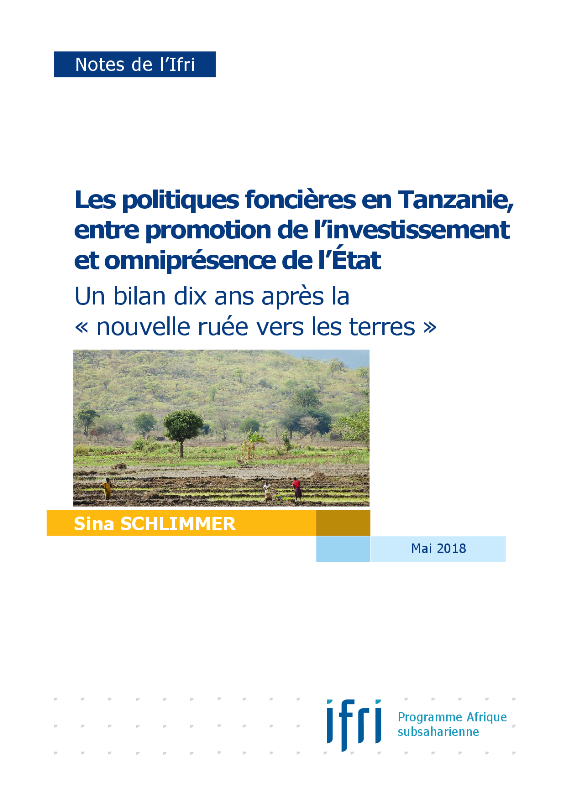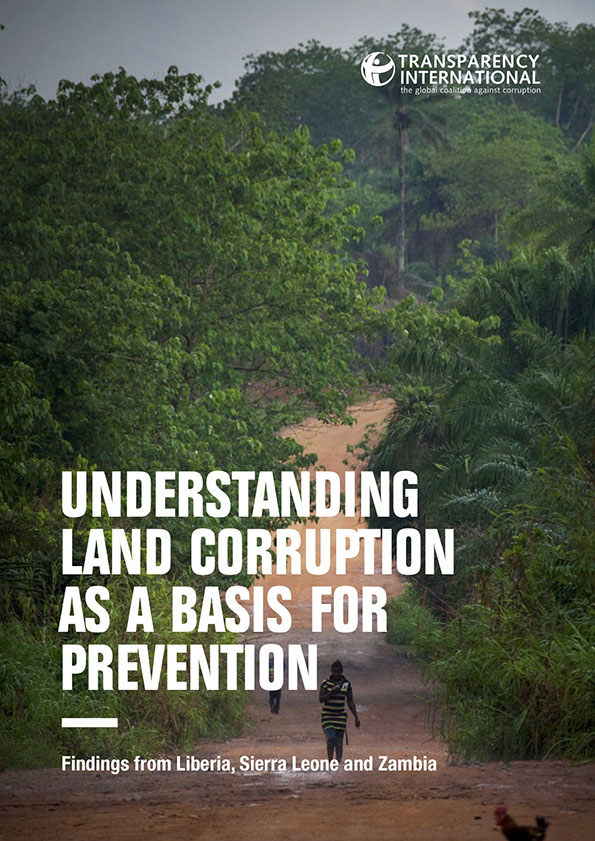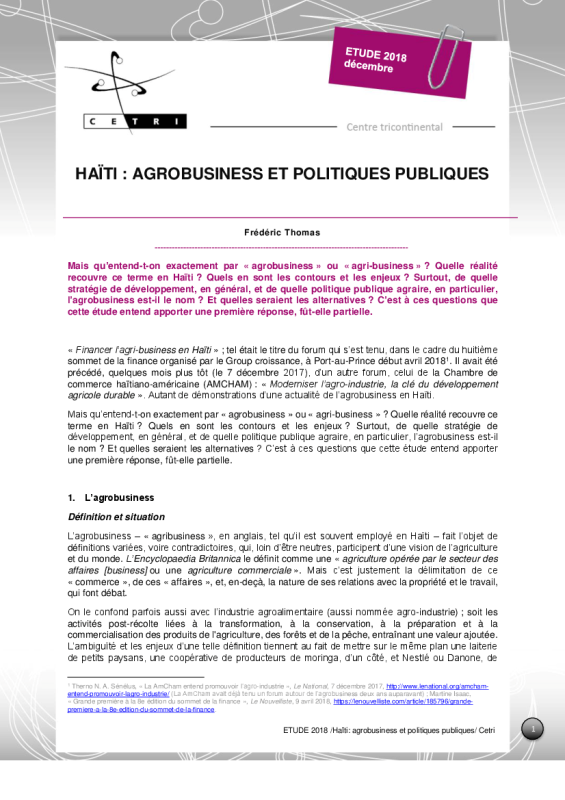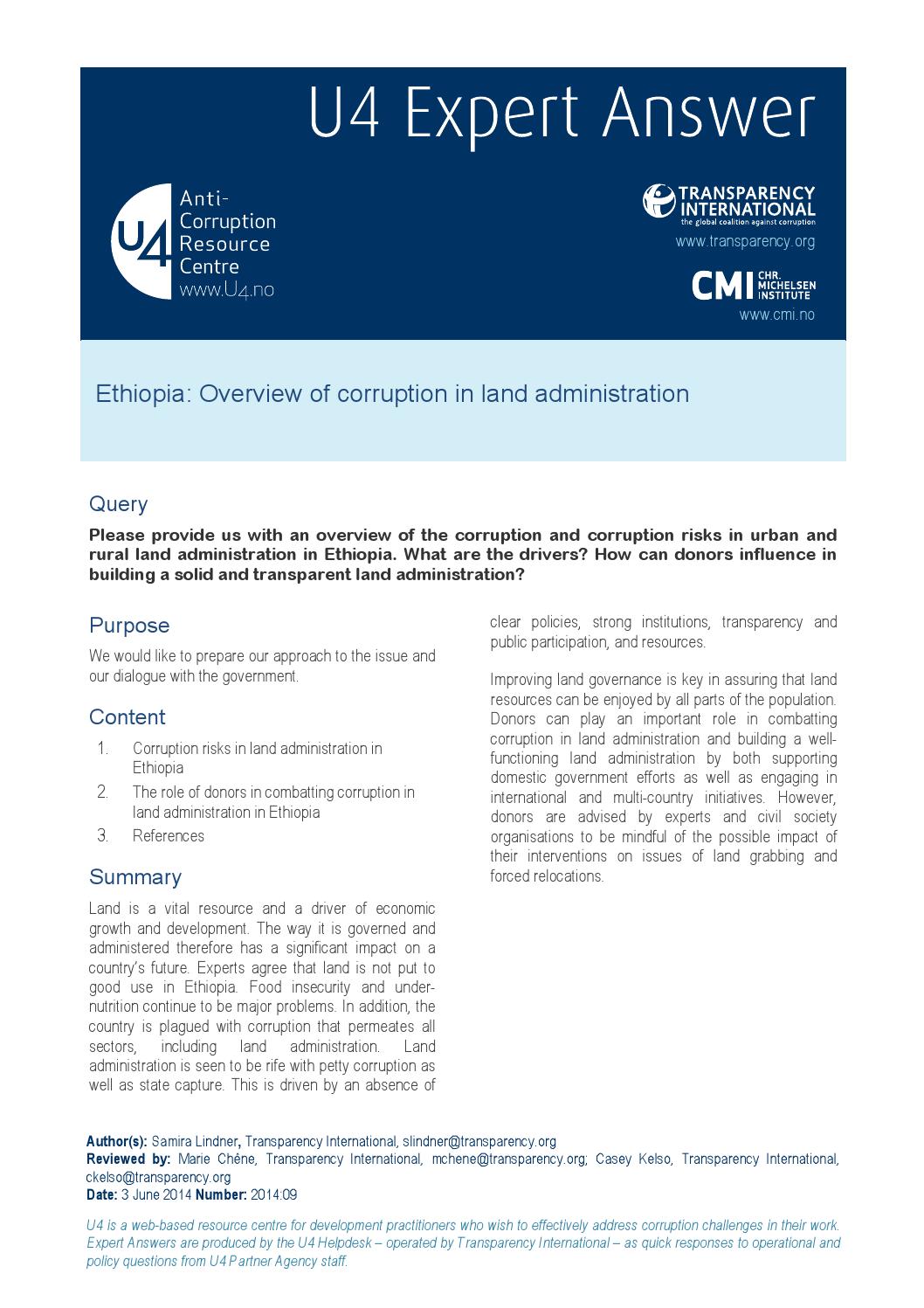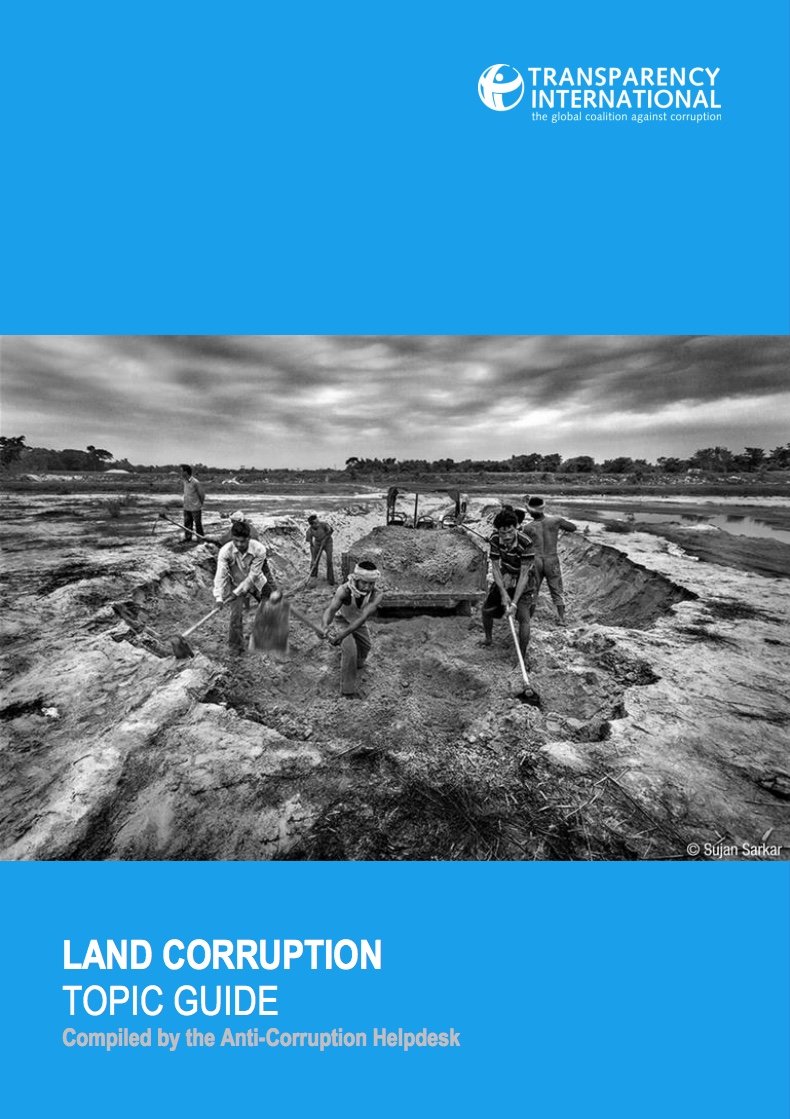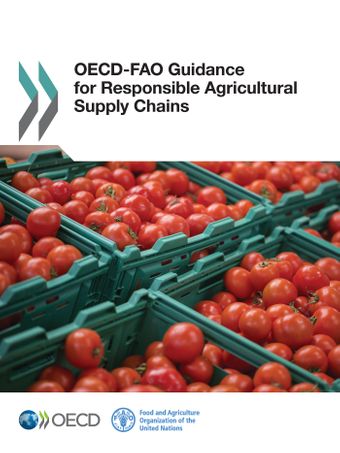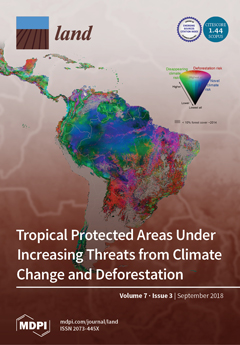Administración de tierras
AGROVOC URI:
Understanding Land Corruption as a Basis for Prevention
From forced eviction to loss of livelihood, social status, savings and even life, land corruption in Africa has serious and far-reaching consequences. Such corruption comes in many forms, and it must be understood – along with the factors that enable it – before it can be tackled.
Haïti: agrobusiness et politiques publiques
Date: décembre 2018
Souce: Foncier & Développement
Par: Frédéric Thomas (CETRI)
« Financer l’agri-business en Haïti » ; tel était le titre du forum qui s’est tenu, dans le cadre du huitième sommet de la finance organisé par le Group croissance, à Port-au-Prince début avril 2018.
Corruption risks and mitigation measures in land administration
Corruption in land administration has significant societal costs, and can have a major effect on the livelihoods of people worldwide. Corruption in this sector can reduce peoples’ access to land, and harm the livelihoods of small-scale producers, agricultural labourers, indigenous communities and landless rural and urban poor. Women, young people and ethnic minorities suffer most by having their access to land hindered by corruption.
Ethiopia: Overview of corruption in land administration
mproving land governance is key in assuring that land resources can be enjoyed by all parts of the population. Donors can play an important role in combatting corruption in land administration and building a well-functioning land administration by both supporting domestic government efforts as well as engaging in international and multi-country initiatives. However, donors are advised by experts and civil society organisations to be mindful of the possible impact of their interventions on issues of land grabbing and forced relocations.
Corruption in land administration: Roles for donors to minimise the problem
Land issues have been rising up the agenda of policy makers due to rapid urbanisation and high food prices. Yet, land administration is one of the most corrupt government activities. How should international donors respond? The first priority is to support domestic governments in improving land administration and anti-corruption processes in general. In addition, donors should undertake explicit analysis of the political economy of land, reduce the impact of their own projects on land administration corruption, help increase transparency and exploit international connections.
Land Corruption - Topic Guide
This topic guide presents an overview of land corruption in rural and urban areas, focusing on:
Indonesia for Sale - Trailer
The investigative series Indonesia for Sale, co-published by The Gecko Project and Mongabay, exposes the corruption behind Indonesia’s deforestation and land rights crisis.
Guía OCDE-FAO para las cadenas de suministro responsable en el sector agrícola
La Guía OCDE-FAO para la cadena de suministro responsable para el sector agrícola, en adelante “la Guía”, es una, dentro de varias guías desarrolladas por la OCDE para ayudar a las empresas a adoptar estándares de conducta empresarial responsable a lo largo de las cadenas de suministro agrícola, incluyendo las Líneas Directrices de la OCDE para Empresas Multinacionales, los Principios para la Inversión Responsable en la Agricultura y los Sistemas Alimentarios y las Directrices Voluntarias sobre la Gobernanza Responsable de la Tenencia de la Tierra, la Pesca y los Bosques en el Contexto de
Atéliers consultatifs régionaux sur les politiques foncières en Afrique: principales conclusions et recommandations
Les questions foncières constituent des préoccupations croissantes pour les gouvernements, le secteur privé, les organisations paysannes et la société civile en Afrique centrale. Il en est de même pour les partenaires au développement intervenant dans cette région.
The Changing Uses of Cadastral Information: A User-Driven Case Study
Cadastral information and land administration systems are central to effective land markets, land use and sustainable development. This paper focuses on one aspect of land administration dynamism: the changing uses of cadastral information. We follow a qualitative approach and offer an overview of why, how, and in what form user groups use cadastre and land register data in Finland. We then explore different user groups’ perceptions of emerging changes and discuss their implications for the future land administration system.
Needs Assessment in Land Administration: The Potential of the Nominal Group Technique
This paper introduces the Nominal Group Technique (NGT) for conducting needs assessments in land administration projects. Understanding the local context of what citizens, communities and organisations need remains a complex challenge yet fundamental to the success of land administration projects. To date, key methods of understanding and identifying local needs have been qualitative in nature with various strengths and limitations.

